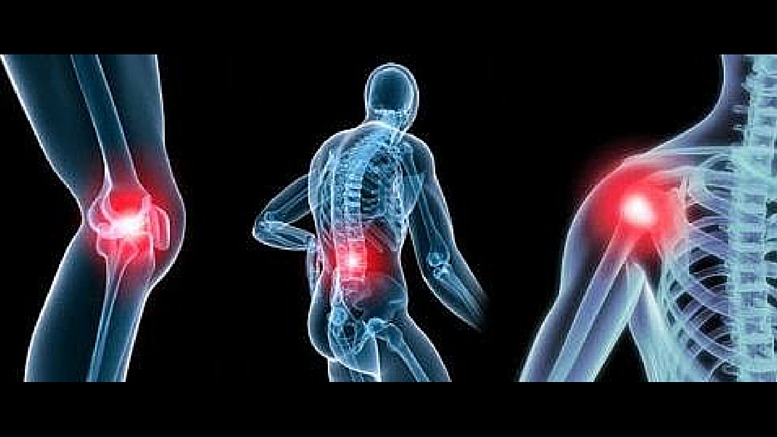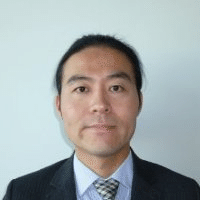Please join the Emory University Department of Medicine’s Division of Rheumatology on Thursday, February 9, 2017 at 4 p.m. for “STING Signaling and Inflammatory Diseases,” a seminar by Hiroyasu Konno, PhD (Senior Research Associate, University of Miami School of Medicine, Sylvester Comprehensive Cancer Center).
Dr. Konno will discuss the molecular mechanisms of stimulator of interferon genes (STING) signaling, especially focusing on STING trafficking and how activated STING triggers inflammatory diseases. Additionally, Dr. Konno will discuss the challenges related to finding STING inhibitors.
Details
Date: Thursday, February 9, 2017
Time: 4 p.m.
Location: Whitehead Auditorium, Whitehead Research Building
Dr. Konno’s Abstract
The innate immunity triggers inflammation including the production of type I interferon (IFN) and inflammatory cytokines to protect us from pathogen infection. On the other hand, innate immunity causes inflammatory diseases when self-molecules such as nucleic acids are detected by innate immune receptors. Stimulator of interferon genes (STING), which is involved in innate immunity, activates inflammation in response to pathogen-derived DNA. On the other hand, recent accumulating evidence has shown that activated STING pathway by self-DNA causes inflammatory diseases such as rheumatoid arthritis, lupus, and inflammation-driven cancer. In addition, gain-of-function mutations in STING gene cause STING-associated vasculopathy with onset in infancy (SAVI). STING is in the endoplasmic reticulum (ER) as a dimer under normal conditions but moves to the peri-nuclear area to activate downstream signals. This is known as STING trafficking that is the hallmark of STING activation. During the seminar, I will talk about the molecular mechanisms of STING signaling, especially focusing on STING trafficking, and how activated STING triggers inflammatory diseases. In addition, I will show you our challenge to find STING inhibitors.
Related Links



Be the first to comment on "“STING Signaling and Inflammatory Diseases”: February 9"